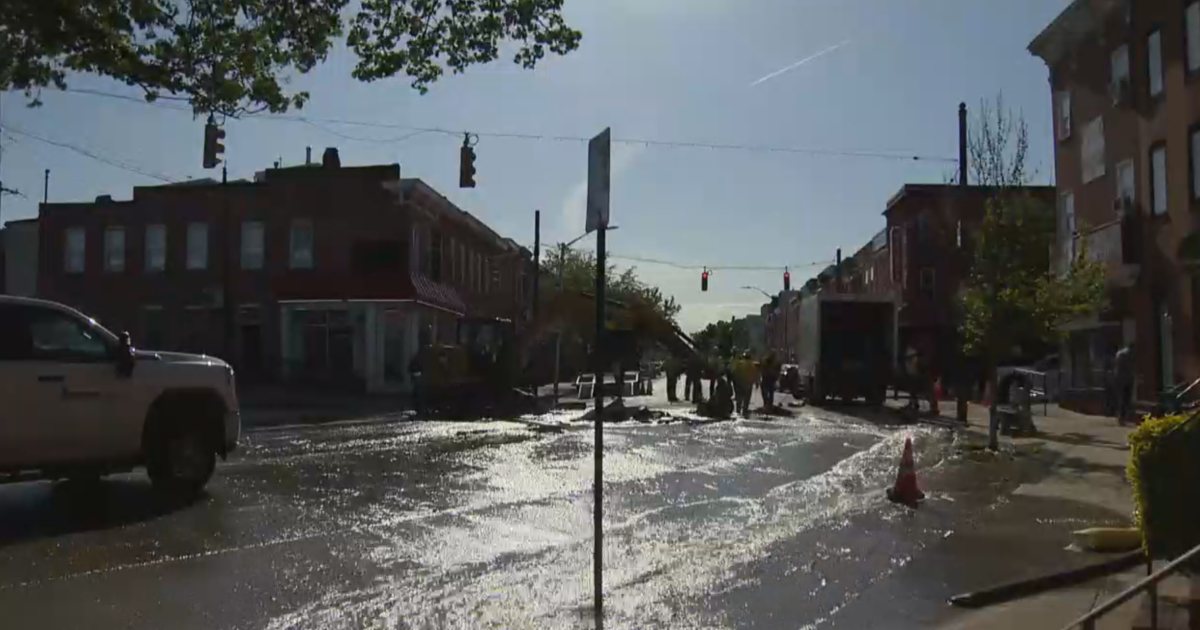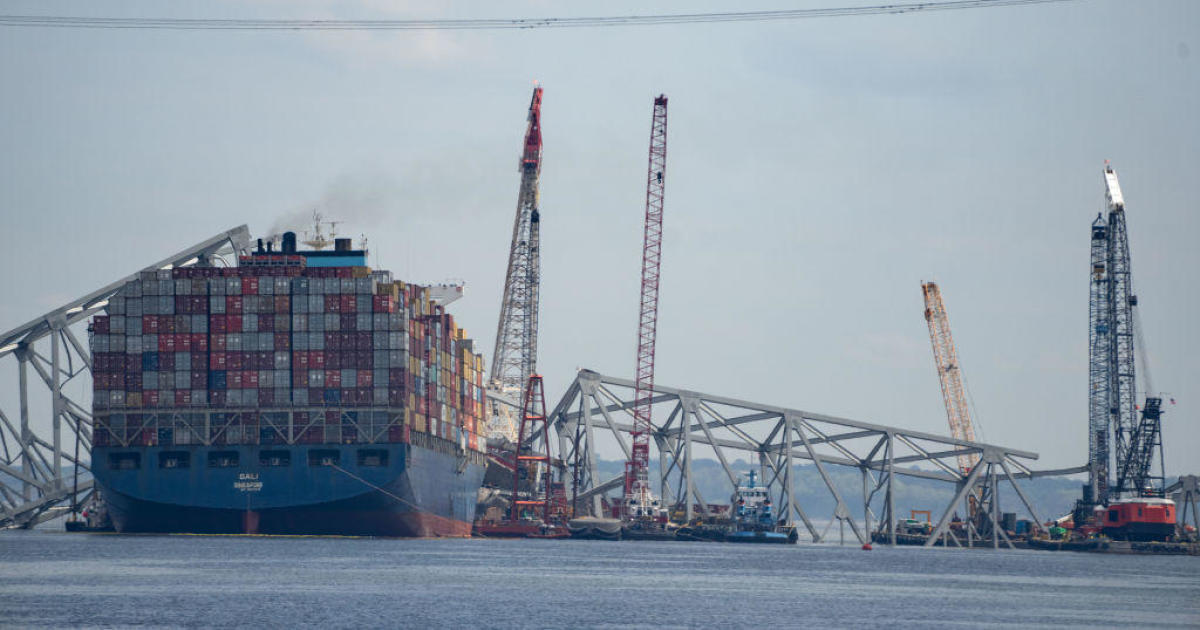Md. Session Mixed For Environmentalists
BALTIMORE (AP) -- Environmentalists got some of what they wanted from Maryland lawmakers during the legislative session that headed toward adjournment Monday, including an offshore wind bill and a divisive measure designed to help farmers comply with Chesapeake Bay restoration regulations.
Among the measures environmental groups didn't get was a bill to prohibit the use of new hydraulic fracturing drilling techniques for natural gas until studies are completed on their impact. The process known as fracking has opened new reserves of the fuel, creating a drilling boom in areas with shale formations that contain the gas. Critics say the process -- which injects, water, sand and chemicals into the ground -- can pollute water supplies.
Josh Tulkin, state director for the Maryland Sierra Club, said the issue would return.
"The only thing we're going to see next year is more people and more anxiety to put the brakes on until we get more information," Tulkin said.
Environmentalists also sought to phase out paper mill waste as a preferred alternative energy source, which they say is diverting funds from wind and solar power development.
Supporters said paper mill waste was already being used for energy before renewable energy requirements were instituted to spur new sources. And that waste now accounts for nearly half of the top-tier renewable energy credits being bought to meet those requirements, most from out-of-state mills. A compromise was crafted to protect a Maryland paper mill in Luke, but that still failed to get the bill passed.
Mike Tidwell, executive director of the Chesapeake Climate Action Network, said the offshore bill was a victory, but work remains to protect the state from "the many potential harms of fracking for natural gas and to make sure our renewable energy dollars are spent on new clean energy as opposed to existing, polluting facilities."
The offshore wind bill was widely hailed but does not guarantee wind farms will appear off the coast. Residents would pay an estimated $1.50 a month more to prop up the market for offshore renewable energy credits if a wind farm is built, but not until then, and that could be years away.
A measure that split environmental groups was designed to give farmers more certainty about how Chesapeake Bay restoration regulations will affect them. Under the legislation, farmers would be exempted from new regulations for 10 years if they agree to meet bay restoration goals and submit to inspections of their farms. Supporters say it is a way to engage farmers and collect data on restoration efforts. Opponents say it could shift the burden onto others if many farmers sign on and tougher restrictions have to be implemented during the 10-year period.
A number of groups opposed the bill, but the Chesapeake Bay Foundation, one of the oldest groups working on bay restoration issues, supported the measure, saying it would provide a framework to encourage participation by farmers, many of whom have complained that their sector has made most of the reductions so far. The measure was passed by both chambers, and differences between the two versions were being ironed out Monday.
Tulkin said his group disagreed with the bill, and it passed only because farmers were being asked to do more along with everyone else.
"People may be upset, but right now it seems that mostly they are concerned about inequity, but the truth is that we are all being asked to contribute," Tulkin said.
(Copyright 2013 by The Associated Press. All Rights Reserved.)



